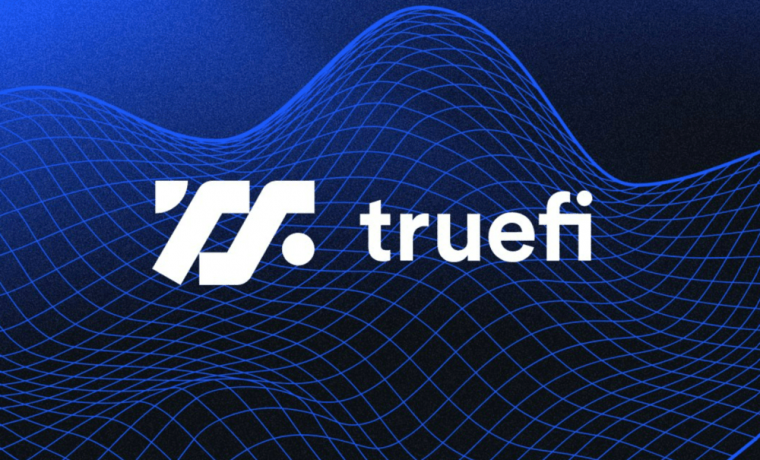
TrueFi has issued a default notice to Blockwater Technologies after revealing the South Korean venture firm had missed a loan repayment of 3.4 million BUSD.
In a statement on the TrueFi website, the decentralized lending and borrowing protocol said they attempted to find a solution but “determined a potential court-supervised administrative proceeding would lead to a better outcome for stakeholders given the complexity around the sudden insolvency.”
Blockwater’s collapse appears to be the latest example of an insolvency crisis in crypto amid bleak bear market and macroeconomic conditions.
The default follows high-profile bankruptcies of crypto hedge fund Three Arrows Capital (3AC), crypto-mining data center operator Compute North, digital asset lender Voyager Digital, and – most notably – crypto lender Celsius Network.
TrueFi Remains in Discussions to Recover Assets
TrueFi also revealed that Blockwater had completed eight repayments totaling $645,405 and “remains in active discussions” with the firm to recover the remaining $2,967,458.
They also revealed they “led an exhaustive out-of-court workout with the principals of Blockwater, including a loan amendment to increase the borrowing rate and extend maturity” before agreeing to a court-supervised proceeding.
TrueFi $BUSD Pool Update:
TrueFi issued a notice of default to Blockwater for non-payment on its $3.4m restructured loan
NWH/Invictus entered a Cayman voluntary liquidation proceeding and may not repay its $1.0m loan due 10/30
Bastion has repaid its $10m loan due 10/4 in full
— TrueFi (@TrueFiDAO) October 9, 2022
The loan default is a first for the protocol and represents around 2% of TrueFi’s Total Value Outstanding.
The lender also pointed out they are still facilitating more than $140 million of active lending across 10 loans:
“The TrueFi credit group believes that the loan book continues to remain in strong standing and has been actively pursuing loan renewals given continuing borrower demand and support from major lenders.
“Despite market conditions, borrower demand remains high and continues to outpace available capital. With a traditional and rigorous approach to underwriting, TrueFi’s loan book remains healthy and active across both crypto-native and real-world lending.
“We believe the protocol remains in a strong position to thrive.”
The protocol allows crypto industry players to take loans without collateral, but are usually institutions that have to pass various Know Your Customer (KYC) procedures to be approved.